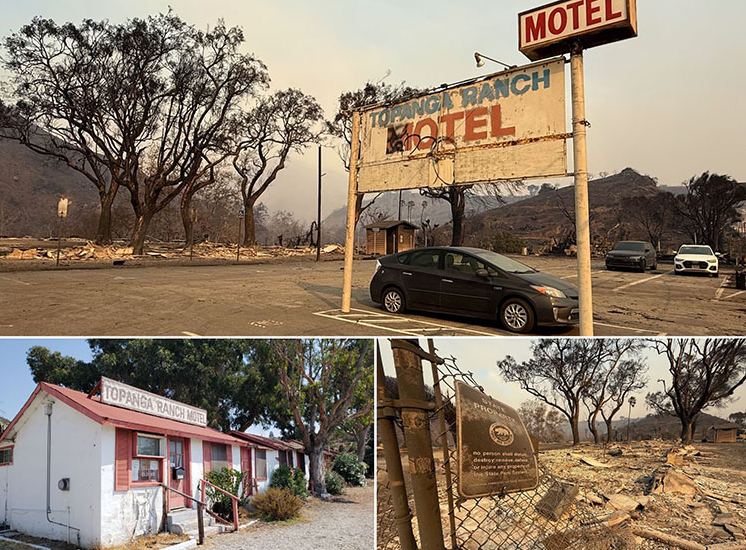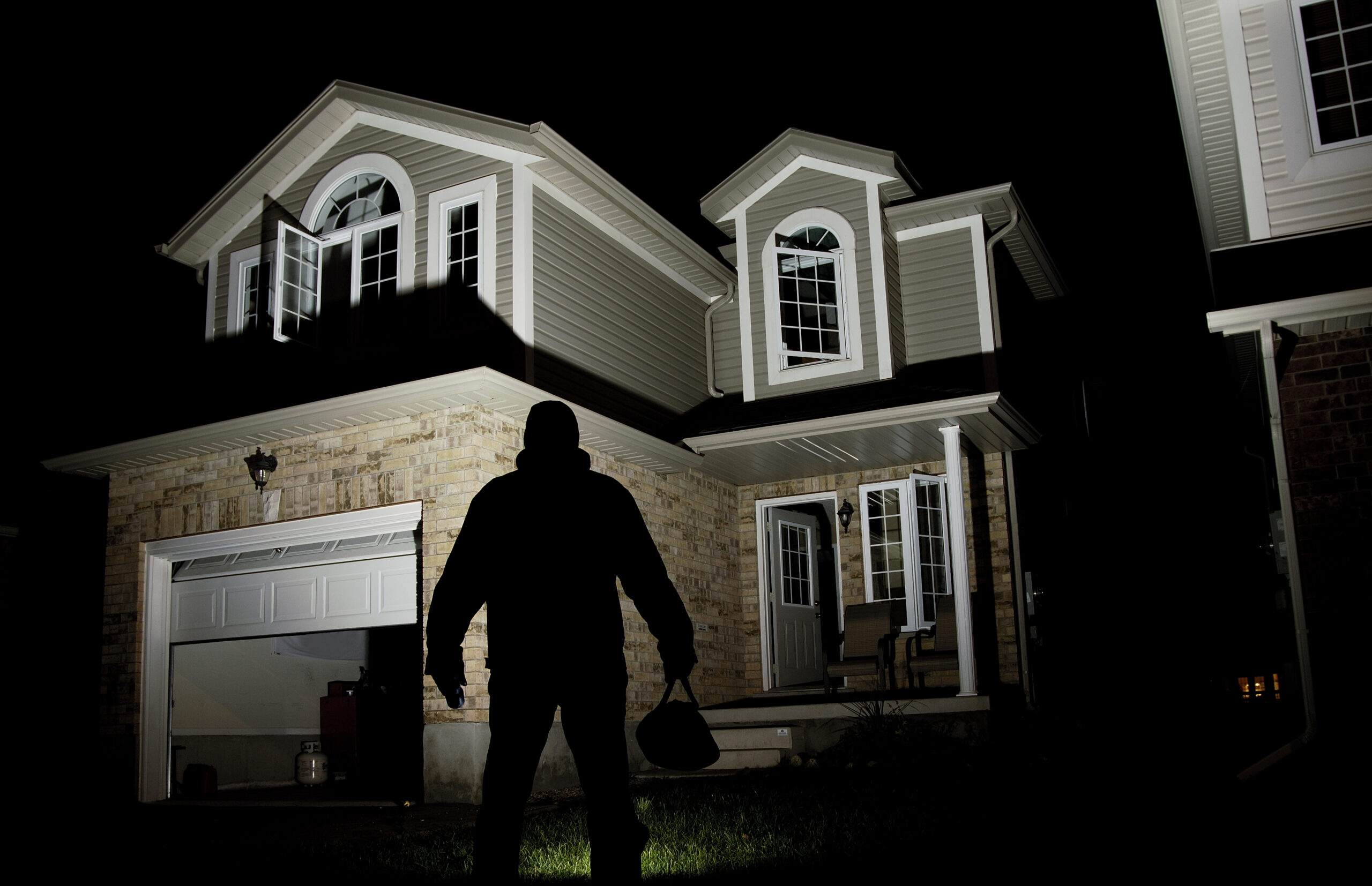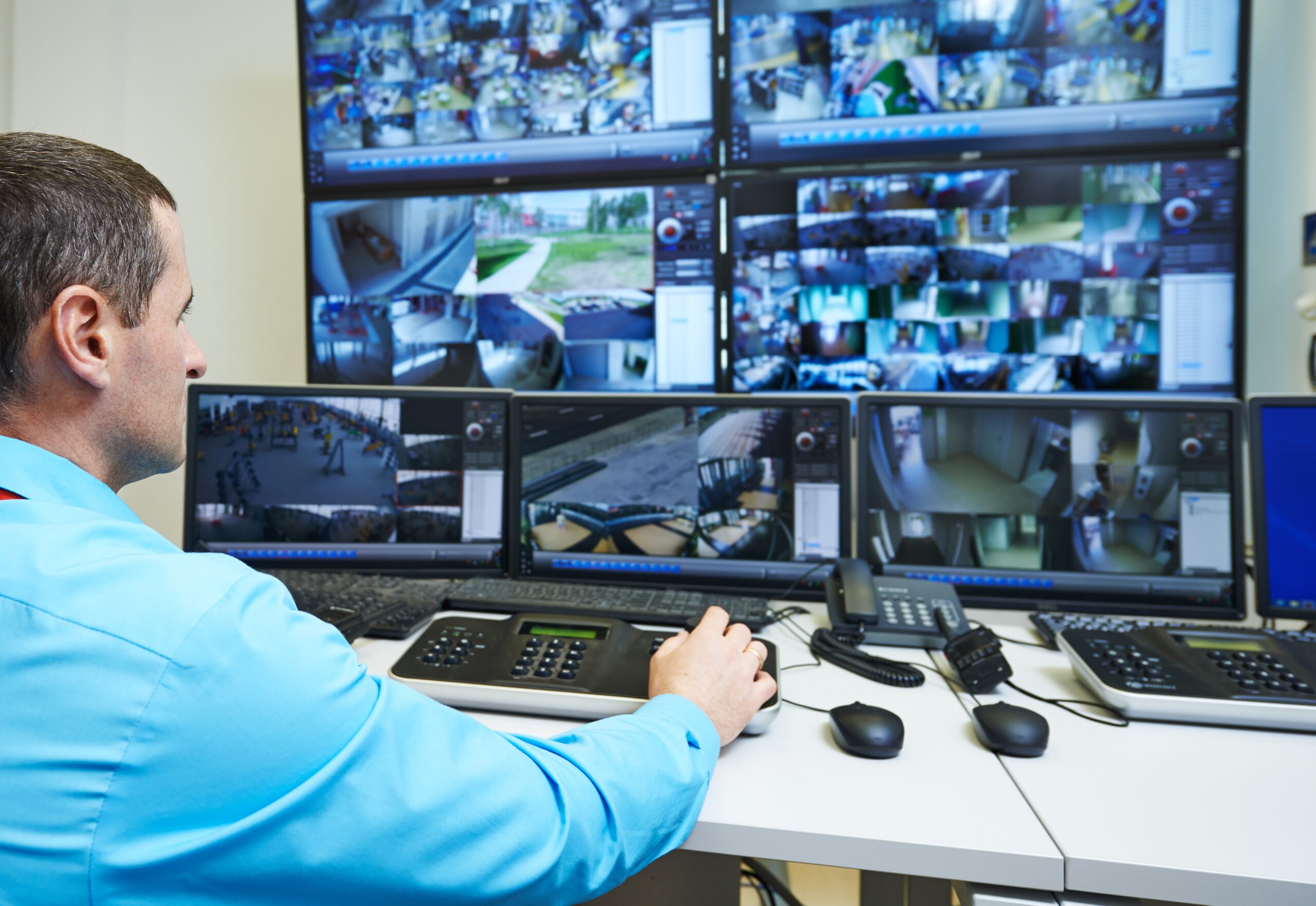At AEGIS, we talk a lot about teen safety. Because teenagers are the next round of adults, we believe they need to be the most prepared for personal safety needs and tactics to ensure just that.
Just this week, Instagram surpassed Snapchat as the leading social media app for teen use. Instagram allows users to post pictures and videos to their page where followers can like, comment, and generally see what users are doing, where they are, etc. While this is a fun way for friends and family to stay connected, share interests, and showcase their personalities, it can also be a danger to teens who are not staying #cybersafe.
Cybersafety and personal safety are intertwined for all social media users. Posting your location, your daily routine, your interests, etc. are great posts for followers who you know, but they can open you up to stalkers or other unwanted online and real-world followers, such as school bullies. If you or your teen have social media accounts, including Instagram, review these tips before you share another post and open yourself to potential harm.
Make sure you know how visible you are.
On Instagram, you can control your visibility by toggling a few settings to ensure the only people who see what you post and comment are friends who you choose to follow and allow to follow you. Facebook and Twitter have privacy settings controls that are similar.
As you use social media, keep in mind that the idea is to maintain a public profile you want certain people to see. Adding followers who you don’t know in the real world or whom you have not talked to directly may open you to unwanted attention and threatening behaviors.
Scan your friend requests.
Just because someone asks to be your friend online does not mean you have to connect with him/her. If someone who has zero connections to you, is not in your friend group, and is not someone you have met, click “deny.” Do not risk being followed or hacked just to get your follower numbers up!
If you see someone request you as a friend who is friends with a mutual connection or who has similar followers/followees, talk to the trusted connection first. Ask that person if they know the person and how they know him/her; you may even want to ask to peruse that person’s page before agreeing to connect.
If you are friends with or following someone who posts content that bothers you, select to un-follow or un-friend them. This may be savage, but it can help ensure your personal safety. If the content is truly dangerous to others, be sure to report it. See something, say something when using social media.
Check out more tips for teens here.
Keep your passwords updated and secret.
When you are using other people’s devices or public devices, you may be on a public network that subjects you to easy hacking. If you are using any site with a password — social media, email, banking — you are susceptible to being hacked. In addition to keeping your passwords difficult (avoid using birthdays, anniversaries, graduation years, names) and to yourself, you should be aware of where you are logging in to access your personal information.
Check out more tips on cybersafety here.
Be a hero and stop cyber-bullying.
Bullying is comprised of actions that are meant to harm the victim physically and/or emotionally. This can include verbal and physical aggression as well as online taunting, stalking, or other forms of aggression. All of these acts are aimed to minimize one’s self esteem and self worth, resulting in negative self views. According the US Dept. of Health and Human Services, bullying not only impacts the individuals involved but those who witness it, hear about, know the victim, know the perpetrator — essentially, it affects everyone who has any type of contact with the bullying incident(s).
Bullying has been linked to active shooter thoughts and actions. Columbine, the most notorious school shooting in modern history that prompted extreme responses in schools to take preventative action, has often had bullying cited for the shooters’ motives. Most recently, Freeman High School in Spokane, WA suffered an active shooter incident where the perpetrator openly admitted to the police that his lesson was to “teach them a lesson” (e.g. teachers and students there) about bullying,demonstrating this very real link.
Additionally, when violence is witnessed, a correlation with decreased school attendance and academic performance is found across the board. See another study from the Office of Elementary and Secondary Education. These students are likely to engage in other risky and illegal behaviors (e.g., underage smoking, drug use, underage sexual activity) and attempt or consider suicide.
So what can you do?
As a student or teen, the best thing you can do is see something, say something. The first step is to tell an adult that you have witnessed someone being bullied. If it is online, screenshot it, report it to the site (Facebook allows you to flag harmful or offensive posts), and tell someone who you know can help the victim. While it may not be easy, nor your place, to get involved directly, you can make your school safer by reporting the incident to a teacher, counselor, safety officer or school staff member.
Also, don’t participate in bullying whether it’s in-person or online. It seems simple enough, but everyone has either intentionally or accidentally fallen into some bullying moment. Sometimes we don’t like what we see, and so we make fun of people. It is always best to make known your concern in a way that aims to resolve a problem before it launches into something bigger and worse. For more tips, check out https://nobullying.com/category/teens/school-life/.
As a parent or other entrusted adult, talk to your kids about cyber-bullying, social media ettiquette, and cybersafety. While it may not behoove you to “stalk” your kids’ social media pages, it will be useful to talk to them openly about appropriate behaviors and your expectations of them when online. If you do not know the signs of bullying, we encourage you to visit https://www.stopbullying.gov/what-is-bullying/index.html. For more help, visit https://nobullying.com/category/parents/parenting-help/.
In sum, know that your personal safety and online safety are intertwined. Follow the best cybersafety practices for your (or your kids’) age group, and continue the conversation about staying safe.
AEGIS Security & Investigations is a Los Angeles region company that is licensed and insured in the State of California to provide high-end armed and unarmed regular and temporary off-duty police officers, bodyguards, security officers, loss prevention agents, and event staff. Additionally, we offer services for private investigation, consultation, people locates, and background investigations. Our trainings and workshops in the field of security licensure and counter-terrorism have been featured in news media and are renowned for their efficacy. For more information or to contact us, visit www.aegis.com.
By Chelsea Turner & Jeff Zisner






